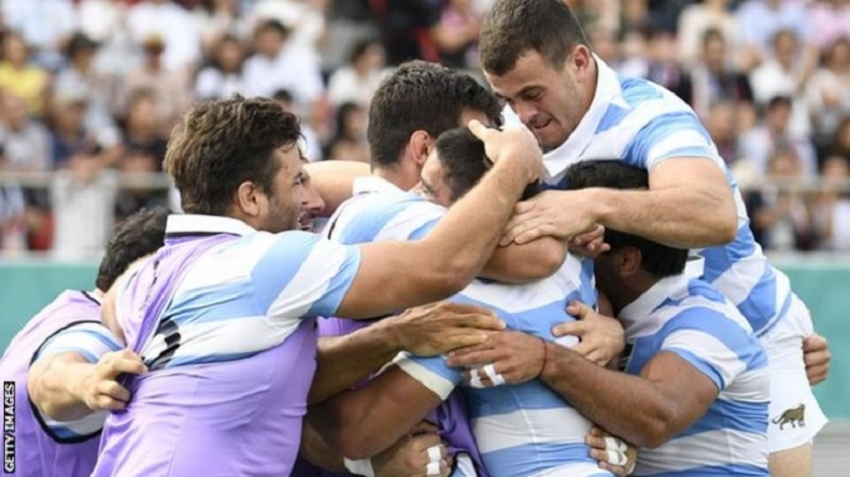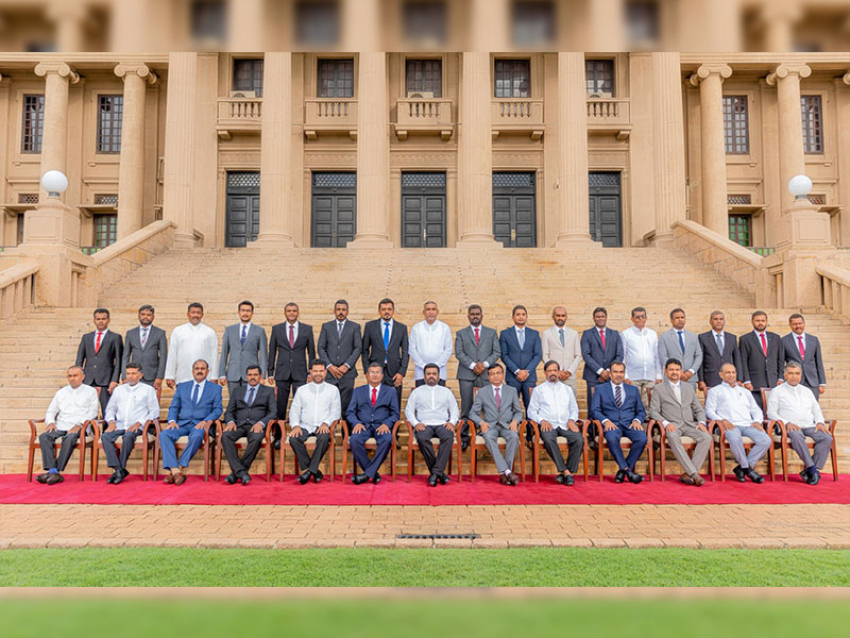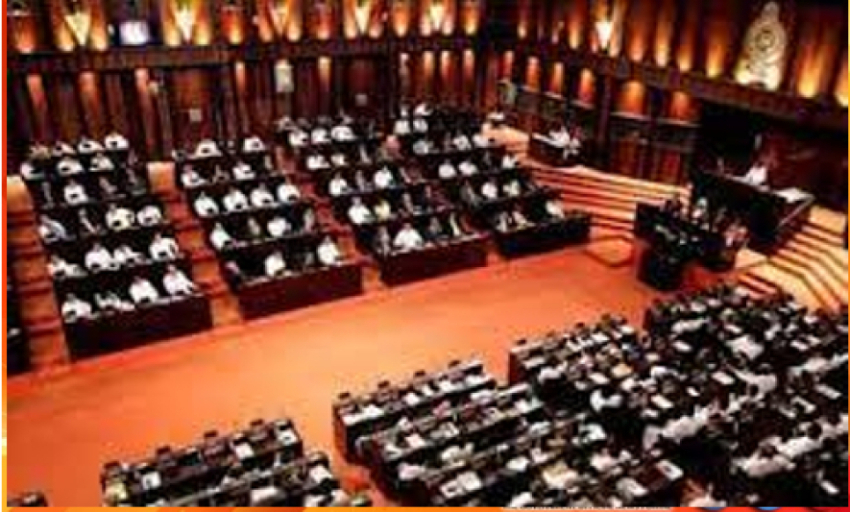'England's George Ford still to prove credentials'
The casual viewer tuning into the World Cup might have expected to see England throw it around against the United States, running tries in from everywhere.It is not like that. It wasn't in my day and it certainly isn't now.You have to be strategic. Every opposition team is playing on the biggest stage. They may be limited, but they are committed.As Fiji found out against Uruguay, if you play loose and fast without doing your groundwork, they will undo you.Instead, as the favourites, you have to be accurate and streetwise and perhaps after 60 minutes, with greater strength in depth off the bench, superior strength and fitness and space opening up for individual brilliance with ball in hand, you can stretch away.England did that.It was a very accurate, clinical performance in a 45-7 win, with minimal penalties and far fewer handling errors than they had against Tonga. They played confidently within a simple structure and their set-piece was fantastic, with solid, slick scrum, line-out and kick-off reception.They played in really good areas, enjoying a landslide 78% of territory, and the USA ran out of steam. It reminded me of Saracens' way of doing things - they squeezed the life out of the opposition.
George Ford (centre) is a childhood friend of Owen Farrell, having grown up on the same streetFly-half George Ford won the man of the match award. He is a very talented footballer, there is no doubt about that. He reads the game superbly, puts people into space with the timing of his passes and is an under-rated runner in broken field.His relationship and understanding with Owen Farrell - with whom he has played since the pair were teenagers - and Leicester team-mate Manu Tuilagi are an added bonus.But this is the sort of game that we have seen him boss before.Part of me really wants the England backline to be Ford at fly-half, Farrell at inside centre and Tuilagi at outside centre, but until I see Ford seize control of a game that is going against England, rather than direct traffic in one that they will probably win anyway, it is difficult to justify that selection for the biggest matches.We all know what he can do, but there are things that he hasn't done in tight encounters.His last extended run at fly-half came to an end in the summer of 2018 after back-to-back defeats in South Africa and Six Nations losses to Scotland and France.At the real top level, when his decision-making is under pressure because of a retreating pack or a big scoreboard deficit, can he make the right calls or come up with the clutch play?




















